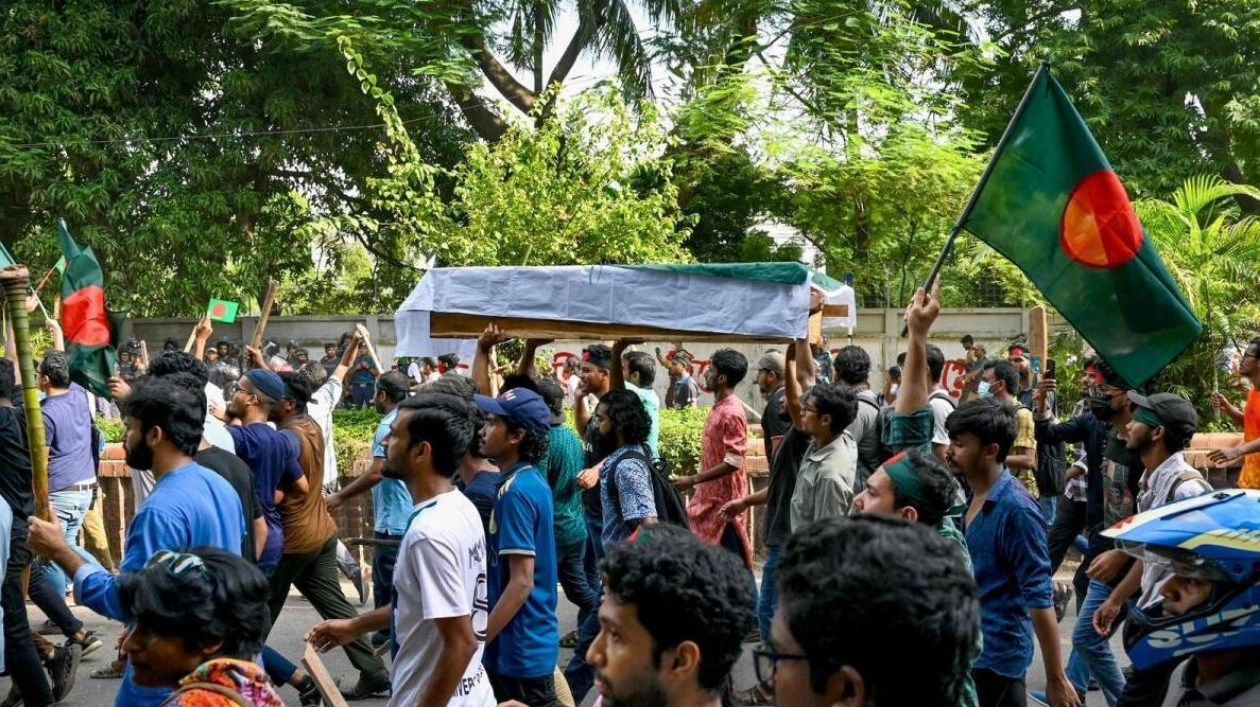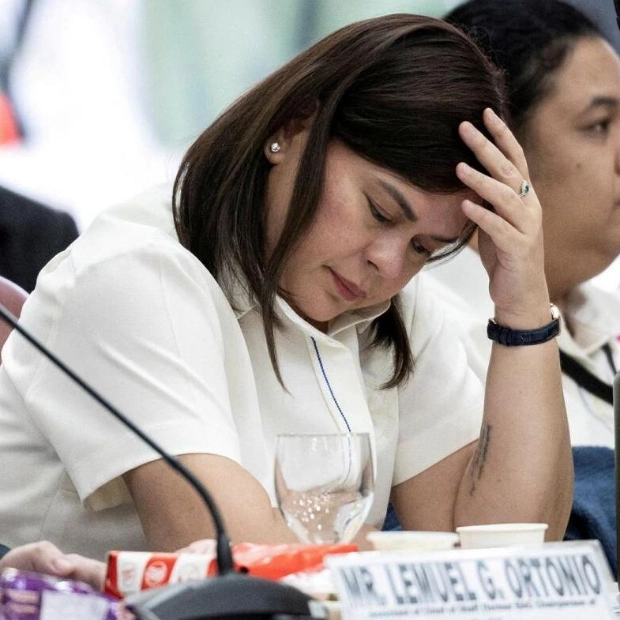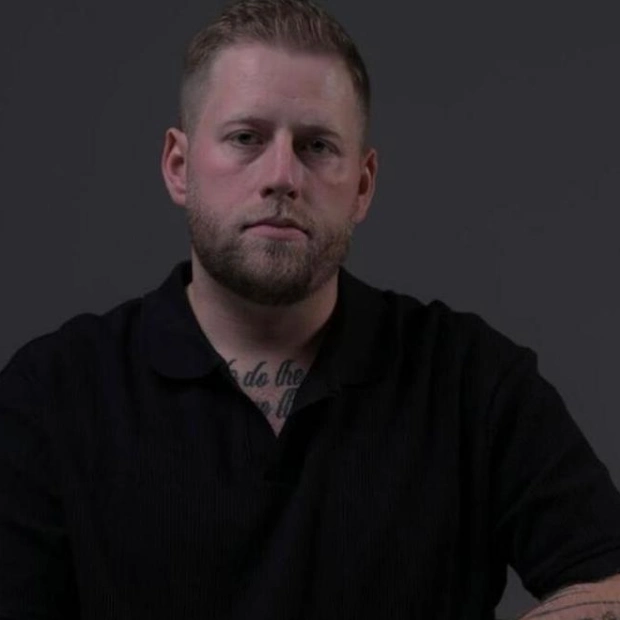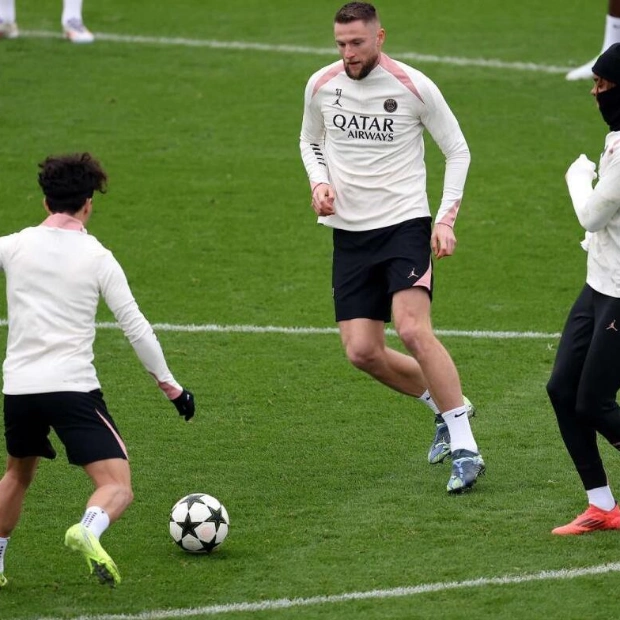Police in Bangladesh used tear gas and rubber bullets to disperse student protesters demonstrating against the government's job quota system on Wednesday, following violent confrontations that resulted in six fatalities and numerous injuries the previous day.
In response to the protests concerning public sector job quotas, which reserve 30 percent for relatives of fighters from the 1971 War of Independence against Pakistan, authorities declared the indefinite closure of all public and private universities starting Wednesday. Subsequently, Prime Minister Sheikh Hasina announced plans to establish a judicial committee to investigate the deaths.
The unrest on Wednesday erupted as security forces stationed outside Dhaka University confronted students who were chanting, "We will not let our brothers' blood go in vain." Police responded by firing tear gas and rubber bullets, and deploying sound grenades against the students, who were marching with coffins in a show of solidarity for those killed, according to protest organizer Nahid Islam.
The quota system has ignited resentment among students, who are contending with high rates of youth unemployment. Approximately 32 million young Bangladeshis, out of a total population of 170 million, are neither employed nor in education. The demonstrations escalated after Prime Minister Hasina, the daughter of Sheikh Mujibur Rahman, who spearheaded Bangladesh's independence from Pakistan, declined to address the protesters' demands.
This week, the protests turned violent as thousands of anti-quota demonstrators clashed with members of the student wing of the ruling Awami League party nationwide. Police reported that six individuals, including at least three students, were killed in the clashes on Tuesday.






